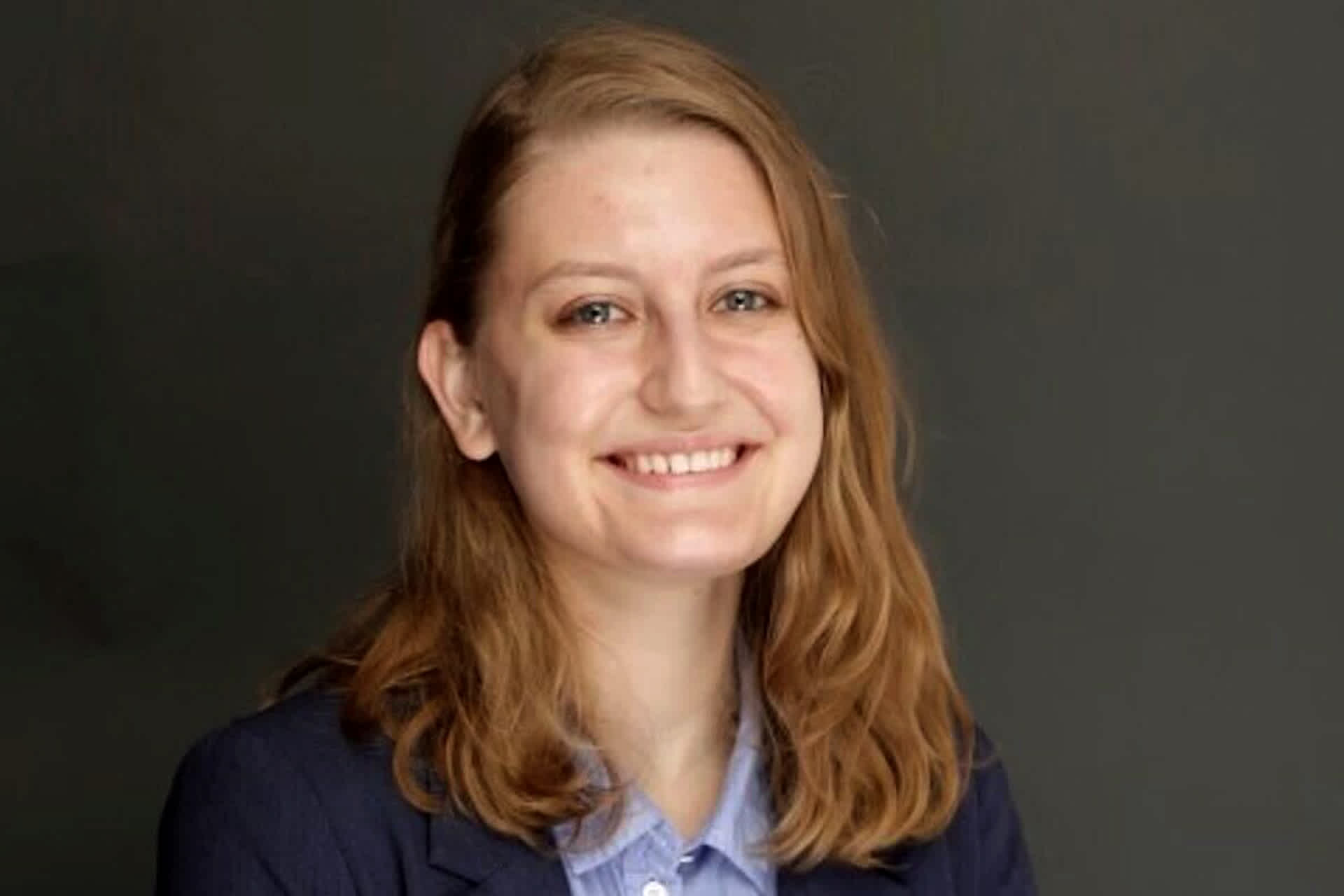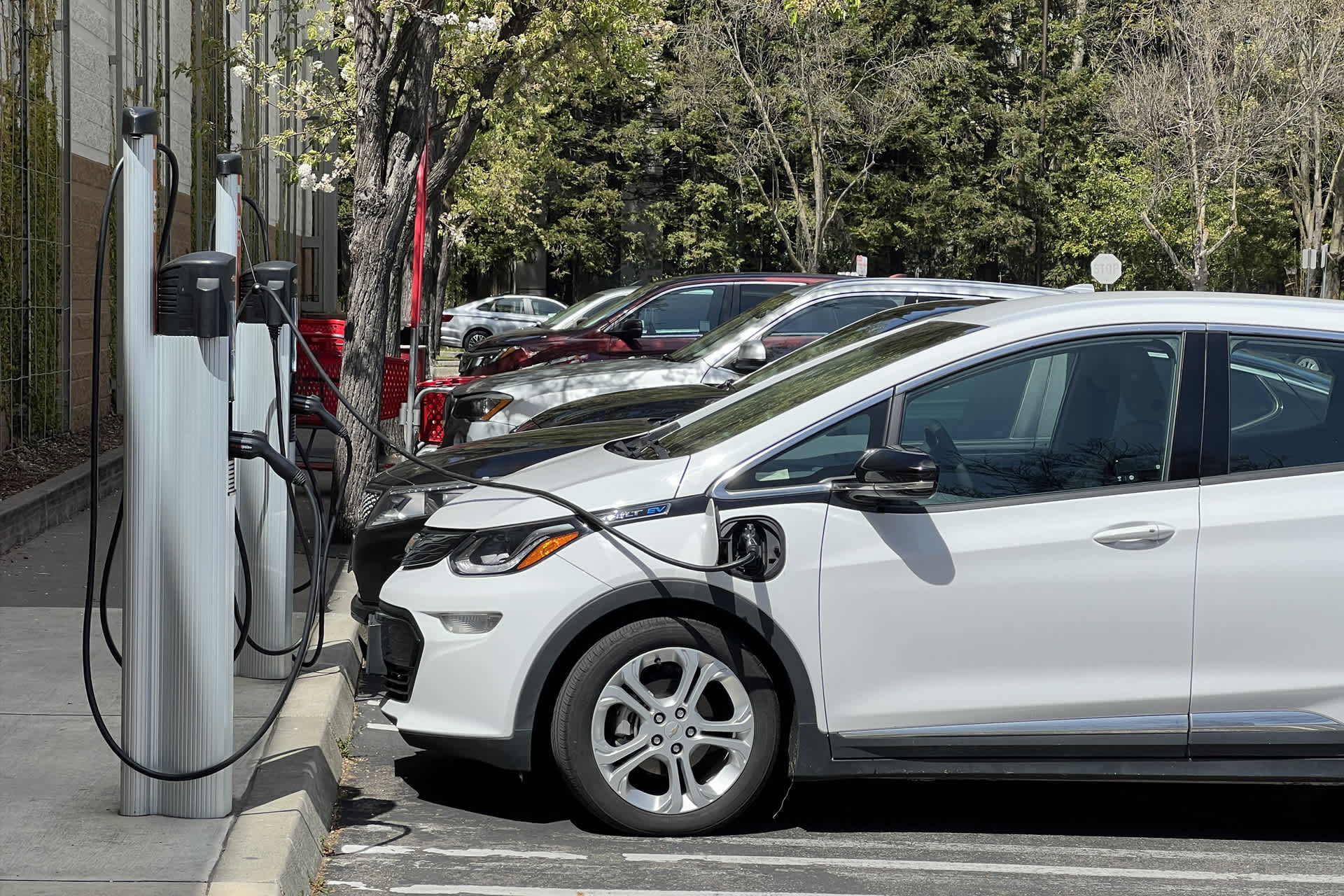Driving Change

Siena DeBenedittis has been interested in protecting the environment since she was a kid. Now her job is to imagine a world where electric vehicles (EVs) can take over the streets. She works at a consulting firm called ICF, where she helps develop EV charging infrastructure.
Every day at work is different for DeBenedittis. She works on projects for a variety of clients, such as utility companies that are starting programs to bring EV charging stations to their customers. “As more and more people start getting electric vehicles, that's going to take a lot more electricity,” DeBenedittis told Your Hot Job. “So I help clients plan for that load.”
The field of transportation seemed a natural place for DeBenedittis to start her career.
“I came out of college with a really broad understanding of environmental work,” she says. “At first, I was interested in just making cities into greener places to live.” Then it occurred to her that a big part of that would be transportation. “It contributes to the vast majority of carbon emissions. And so I thought that that would be a good place to start making an impact.”
A lot of DeBenedittis’s work involves talking to people and answering questions from utility companies and contractors. She also does a lot of writing. Her program manuals are distributed to customers and appear on websites that detail the electrification process. She once wrote a master plan for an entire city. It guides city officials through the increased electricity needs over a period of five to 10 years, as the use of EVs increases.
It’s the projects with wide impact that get DeBenedittis excited. “One of my favorites was when we were hired by a government agency that was administering a nationwide program to help states implement charging stations along interstate [highways],” she says. A bipartisan infrastructure law had recently passed in Congress and was signed by President Joe Biden. “I help these agencies answer questions from the states about how to use the money in this program,” DeBenedittis says. She might also take questions from people who are curious about EVs. She has to know the policy and law well. There’s a lot to keep up with, including new policies from governments at all levels.

While her work is related to the environmental courses she took in college, it is also different from what DeBenedittis expected. She thought she’d end up working more directly with public-transportation efforts. While she’s surprised to be working with cars, she’s aware of the impact she’s making. “Cars are a cornerstone of American society,” she says. “So I think anything we can do to make them less harmful to the environment is a worthwhile pursuit.”
DeBenedittis enjoys having a front-seat view of the change in culture as EVs become more popular. “I saw a commercial yesterday for a car that I know is an EV, but the commercial was not about it being an EV. It just felt like a regular car commercial,” she says. “It’s cool to see the industry move in that direction. And I’m here in it.”
But anyone who cares about the environment can—and should—bring that care to whatever job they have, DeBenedittis says. “It’s important to have environmentally minded people in every aspect of life.” And she offers this advice: “Bring that mindset into any industry you might be interested in working in.”

